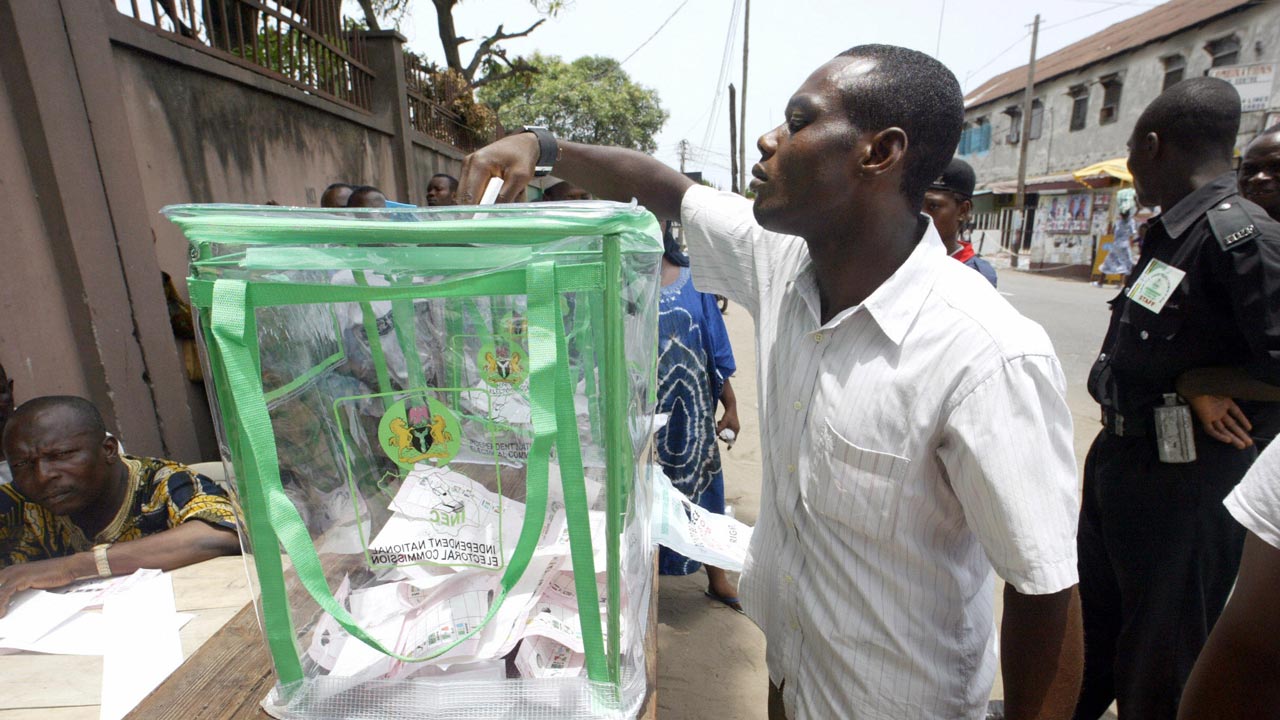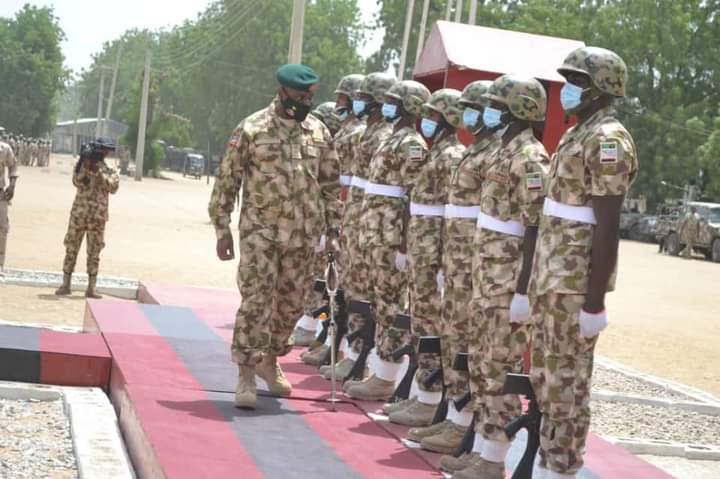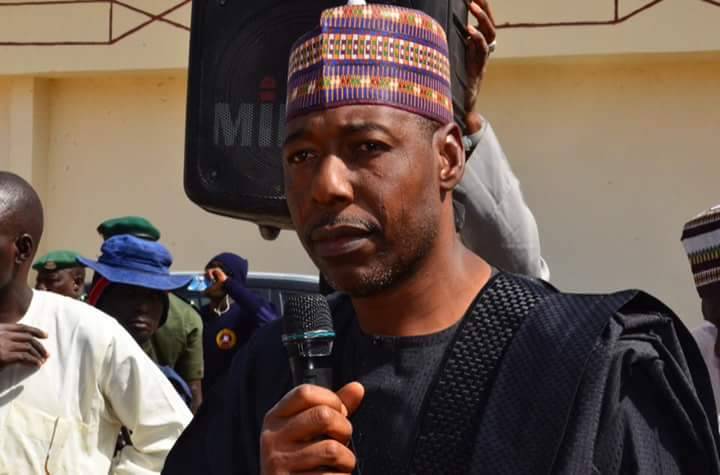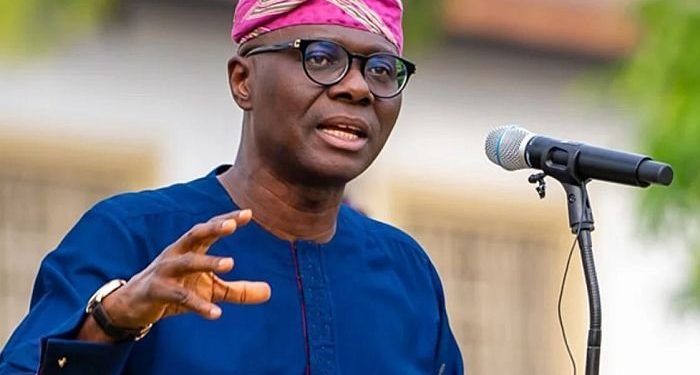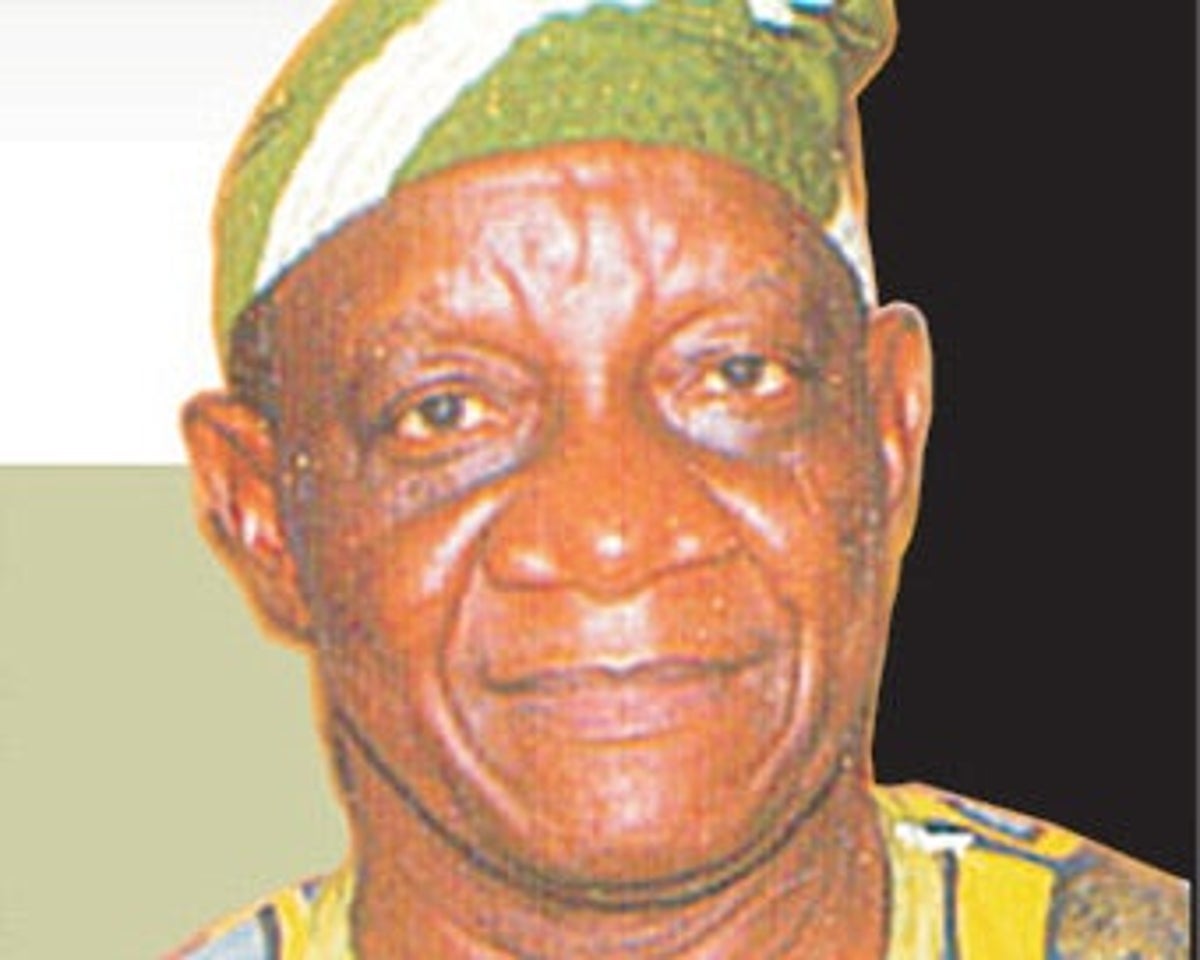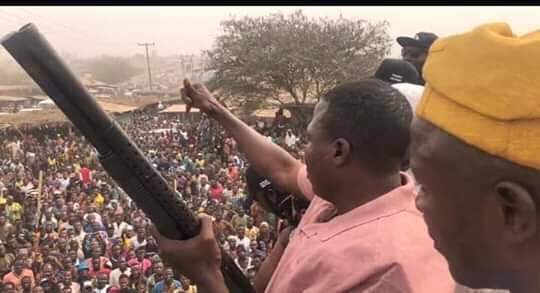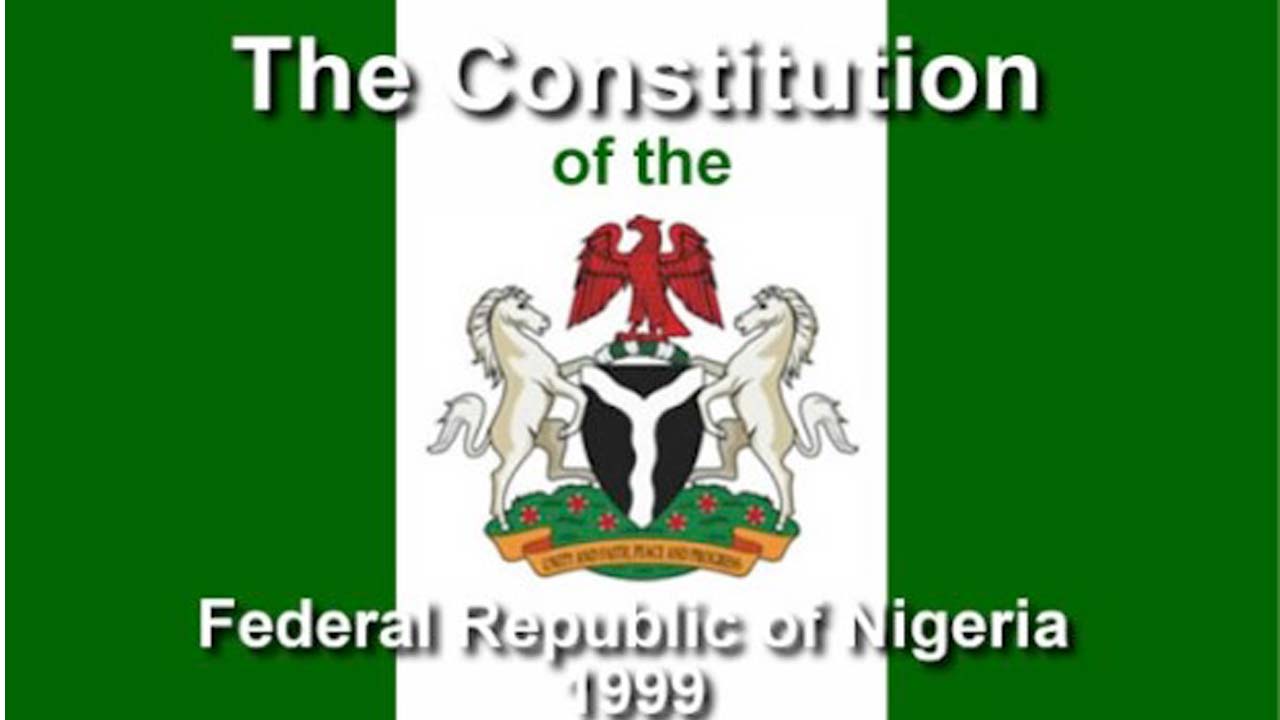The Independent National Electoral Commission (INEC)’s decision to expand polling units across the country to stop voter apathy and deliver more credible immediate and future elections maybe hitting the rocks sooner than it is taking off, TheNewsGuru.com, TNG can authoritatively report.
Findings by TNG revealed that the expansion of polling units by the electoral umpire has been in the offing for over 25 years with successive INEC leaderships stopping the onerous task midway because of intense pressure from some ‘powers that be’ particularly from the northern part of the country.
TNG gathered that the commission is already facing backlash from some prominent northern personalities who want the polling unit retained without further expansions.
TNG reports that the nation’s 119,973 polling units were configured as far back as 1996 by the then National Electoral Commission of Nigeria (NECON) and it was meant to serve just 50 million voters.
To kick start the expansion process, INEC on Monday commenced a two-day training on “Implementation of expansion of voters’ access to polling units” for Electoral Officers (EOs) and Assistant Electoral Officers (AEOs) in charge of Administration, Operations and Cluster Registration nationwide. The training was declared opened by the INEC Resident Electoral Commissioner (REC) in the 36 states of the federation.
Declaring the training opened on Monday, Malam Garba Attahiru-Madami, the INEC Resident Electoral Commissioner (REC) in Kwara State said: “Election start from polling unit, if there is no polling unit, there would be no election and collation, that is how important polling unit is,” he added.
He therefore charged the participants to take the training very serious as the outcome of the training would offer opportunity on what they would do on the field.
“I don’t need to re-emphasise why access to polling unit is very important. We already know that this exercise was carried out in 1996 and it was to serve 50 million voters.
“In 2019 election, we have greater voters of 84 million; you can see that the polling units now are grossly inadequate.
“By the time general election will take place in 2023, our projection is to have over 120 million voters.
“The number of polling units we have now cannot serve the 120 million voters, so the training is very important,” he said.
Meanwhile, a top INEC official confided in TNG that the creation of the polling units in 1996 also came with its peculiar challenges because of the way the then NECON leadership compromised its stand after intense pressure from interested parties. The source explained further that the courageous move by the incumbent chairman, Prof. Mahmood Yakubu to expand the polling units is being threatened by those who benefitted illegally from the exercise in1996.
“Political and electoral stakeholders had tremendous influences on the choices, number and locations of poling units in Nigeria. NECON compromised what should have been a mere administrative process of election. Many stakeholders bought their ways through and owned polling units. Such polling units served and secured electoral and political gains for the “buyers”. Many political heavy weights today rose through such polling units. Majority of those stakeholders and their followers are still in the system and they determine today’s political landscape. Their experiences both in “purchasing” polling units and harvesting the dividends of their investment cannot allow them to confer trust on any Commission’s attempt to neutrally expand polling units,” the source said.
Speaking on the backlash, the source said: “The commission has fulfilled all righteousness in its move to expand the polling units. We ensured that all stakeholders had inputs. Nothing was done in isolation. We therefore find it funny that some people who were carried along from inception till now are moving to rubbish the process. However, we remain resolute in the delivery of an unbiased electoral system in Nigeria. We believe this is a solid pathway to ensure credible immediate and future elections in the country and therefore hope that dissenting views on the expansion will come to terms with this.”
